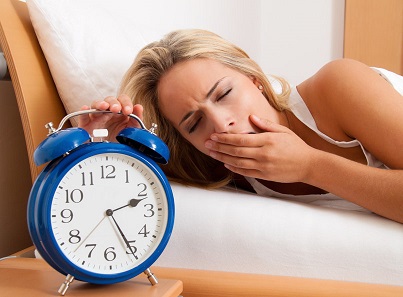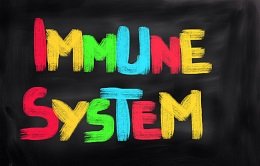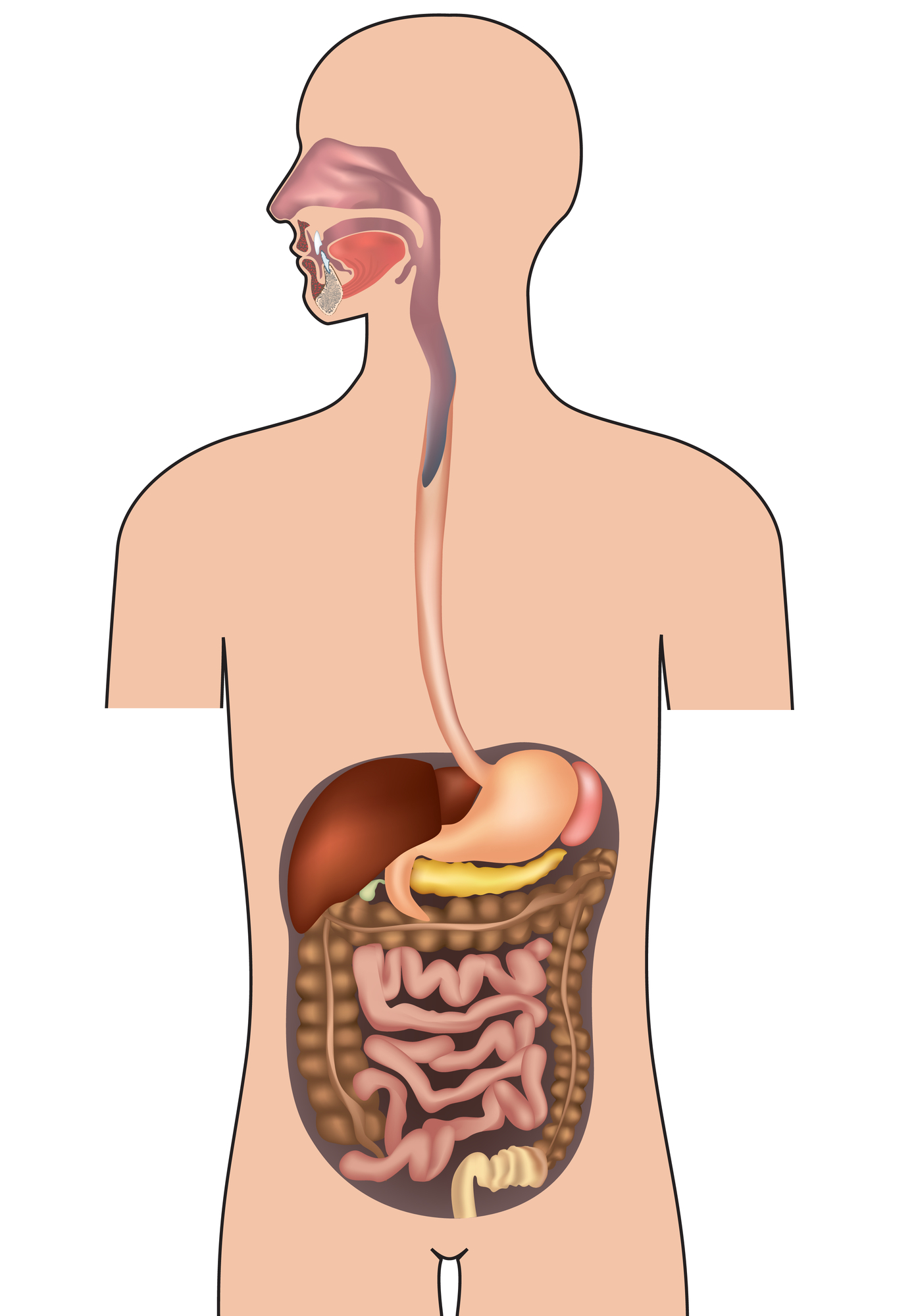The Immune System and Sleep

Sleep is so important it is not optional for the sake of your immune system function and your overall health. When you wake up in the morning ask yourself these questions:
- How am I feeling?
- Do I feel like getting up and start my day or I need a few more minutes or hours?
- Do I use the alarm snooze button several times before I get up?
When we talk about sleep we need to explain that sleep is part of the circadian rhythms. Circadian rhythm is about 24 hours and living forms such as plants and animals including us have a biological clock that sets our daily lives from getting up in the morning and then slowing down until bedtime so we can sleep.
How the Immune System and Sleep Work Together

How Does Sleep Affect the Immune System?
Lack of sufficient time to sleep can suppress the immune system and make you more prone to viral and bacterial diseases like flues and colds and at the same time, the recovery of such an illness can become longer. And this is due partly to lower many cytokines (Cytokines are essential mediators of immune system responses) production that are important players in the immune system (1).
The same thing when your body is going through sleep deprivation you will likely trigger the decrease production of Natural Killer Cells (2) and these NKCs are an important part of the immune system where they find and kill pathogenic microorganisms and infected cells and get rid of them.
A study done by Dr. Fikrig and a colleague found that an immune system protein called Toll-like receptor 9 (TLR9) can read certain viral and bacterial DNA to uncover them so the immune cells can attack and kill them. He goes on to explain that the circadian clock has an impact on TLR9, and this impact can be negative or positive depending largely on your restful and sufficient sleep (3).
The chronic condition of sleep deprivations or sleep interruptions creates stress on the body that can consequently trigger inflammation in the body and creates a dysfunctional immune system, partly due to pro-inflammatory cytokines production and these cytokines cause immunodeficiency too (4).
There is no doubt that lack of sleep not only weakens your immune system but can cause weight gain, memory loss, cancer, and depression to name some.
Sleep Improvement Tips
You should understand by now the importance of sleep, and if you think you can overlook this crucial factor in enhancing your immune by eating well, then I highly doubt you are going to improve your health. So how to improve your sleep?
-Take a daily nap when possible. Even if you lay down on the sofa or bed and intentionally closing your eyes to relax. Yes, if you can’t take a nap because your mind is buzzing with tens of thoughts, just lay down on a comfortable flat surface and take deep breaths and close your eyes for 10, 15, or even better 30 minutes.
-At night, make sure your room is dark enough that you can hardly see your hand or any type of furniture in the room. Darkness sets your circadian rhythm and gradually makes you relax and prepared to fall into a deep sleep. Deep sleep is where you experience the four stages of sleep and get the benefit of the melatonin hormone being secreted in your body.
Melatonin is a potent antioxidant and fights against cancer, and its production goes up at night, but if there is enough light (primarily blue light for T.V. or Ipad), then you can disrupt the production of this wonderful hormone that aids your immune system big time. So make sure you sleep in a dark room.
-Noise can be damaging too so whatever noise you can control then make sure to eliminate it at night to have a peaceful sleep. Use a white noise box if there is a noise that you can’t control and invest in a quality white noise box that you will like.
-Room temperature is important too. I like to sleep where the room temperature is around 68-70 Fahrenheit degree ( 20 to 21 degrees Celsius). In other words, I like it cool enough where I am not sweating and enjoying tucked in my blanket or comforter.
-Fresh air! I almost always keep the bedroom window slightly open in the wintertime and wide open during the other seasons. I just love feeling the circulation and constant fresh air circulating in the room during my night sleep.
-Electromagnetic Radiation. I turn off my smartphone and tablet in the bedroom, and you should consider that too. These electronic gadgets are fantastic, and we all, or most of us seem can’t live without them. But do you need your phone or tablet turned on while your body is trying to rest during the night?
I hope you can appreciate the importance of sleep and how your immune system and sleep are an integral part and not just food that you should only consider. Otherwise, I think you are taking one step forward and several steps back.
Sources







